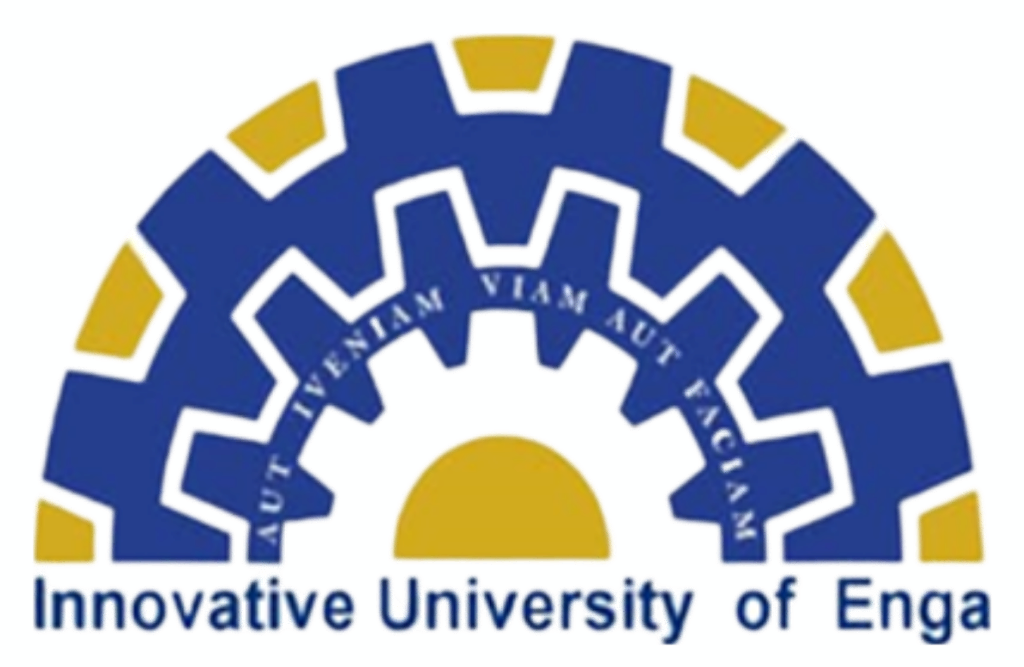Language Acquisition and Development: Students in this strand would study the principles of language acquisition, language development, and language learning theories. They learn how to facilitate language development in students, especially in the areas of reading, writing, speaking, and listening.
Literary Studies: The strand would delve into the study of literature, encompassing various genres such as prose, poetry, drama, and non-fiction. Educators learn how to analyze, interpret, and teach literature effectively, fostering critical thinking and appreciation for diverse literary works.
Literacy Instruction: Future educators receive training in literacy instruction techniques. This includes strategies for teaching reading comprehension, vocabulary development, grammar, and writing skills to students of different ages and proficiency levels.
Oral Communication Skills: Educators are trained to help students improve their oral communication skills. This involves teaching effective speaking and listening skills, public speaking, and communication in various contexts.
Writing Instruction: The strand may cover the teaching of writing, including composition, creative writing, and academic writing. Educators learn how to guide students in the writing process, from brainstorming and drafting to editing and revising.
Children's Literature: Students in this strand may explore the world of children's literature. This includes studying age-appropriate literature and learning how to choose and use children's books to promote literacy and a love of reading in young learners.
Multilingual Education: Given the linguistic diversity in Papua New Guinea, educators in this strand may learn about multilingual education strategies and approaches. This includes how to address the needs of students who speak multiple languages.
Assessment and Evaluation: Educators learn how to assess and evaluate language and literature skills in students. This includes designing assessments, providing feedback, and using assessment data to inform instruction.
Technology Integration: The strand may incorporate the use of technology in language and literature instruction. Educators learn how to integrate digital tools, multimedia resources, and educational software to enhance learning experiences.
Cultural and Global Perspectives: Future teachers are encouraged to incorporate cultural and global perspectives into their language and literature instruction. This helps students appreciate the cultural richness and diversity reflected in literature.
Teaching Methods: Students learn effective teaching methods, lesson planning, and classroom management strategies specific to language and literature instruction. This includes differentiated instruction to meet the varied needs of students.
Professional Development: The strand may emphasize the importance of ongoing professional development in the field of language and literature education. Educators are encouraged to stay current with research and best practices in the field.
The Language and Literature Strand at Enga Teachers College plays a crucial role in equipping educators with the expertise needed to cultivate strong language and literacy skills in their students. Effective language and literature instruction not only promotes academic success but also nurtures a lifelong appreciation for language, literature, and effective communication, which are essential skills for success in various aspects of life.

For our Children
Innovative University of Enga - Dept. of Education - Primary Teaching
80 Wabag
Phone: 547 1056
Mobile:
Email: info@engatc.ac.pg | info@iue.ac.pg | admission@iue.ac.pg